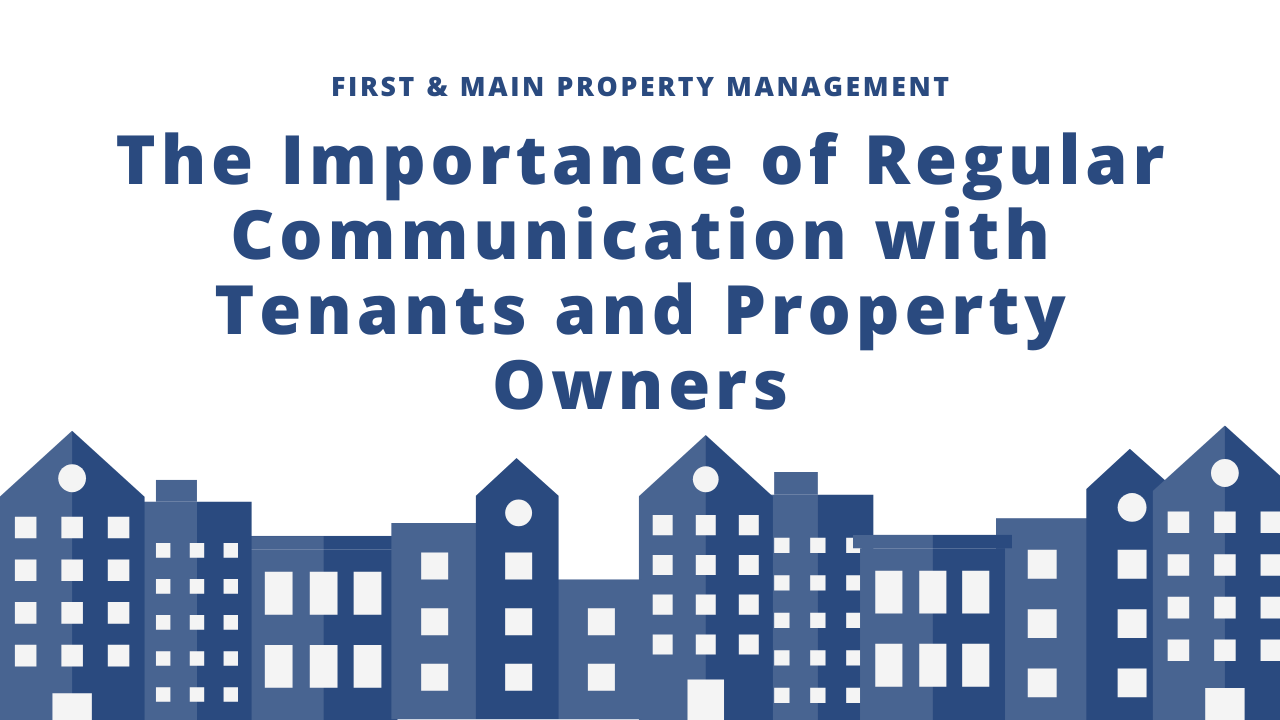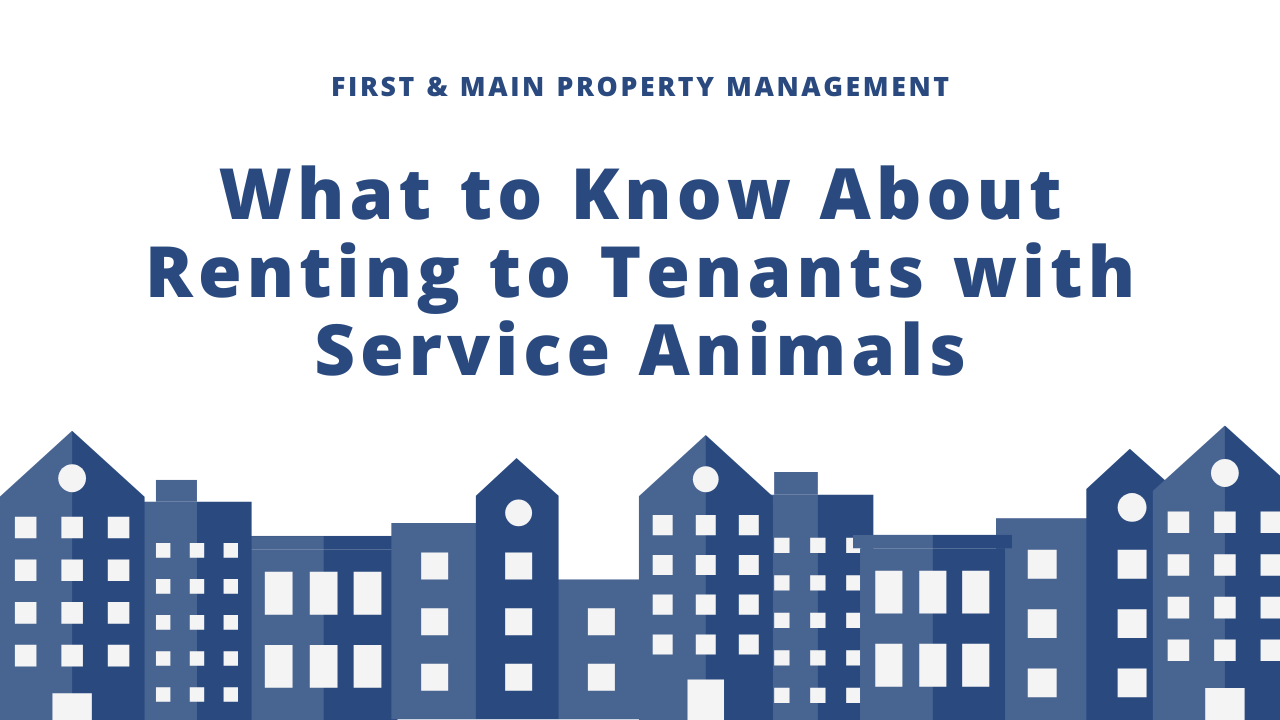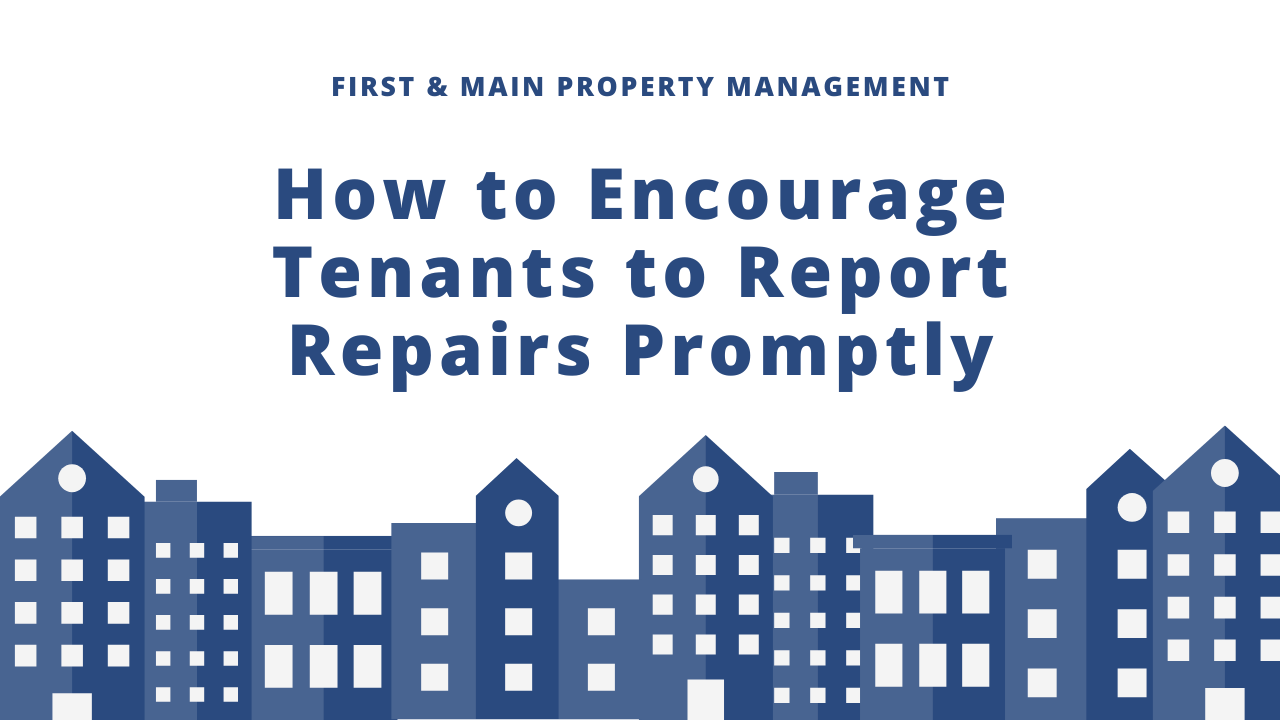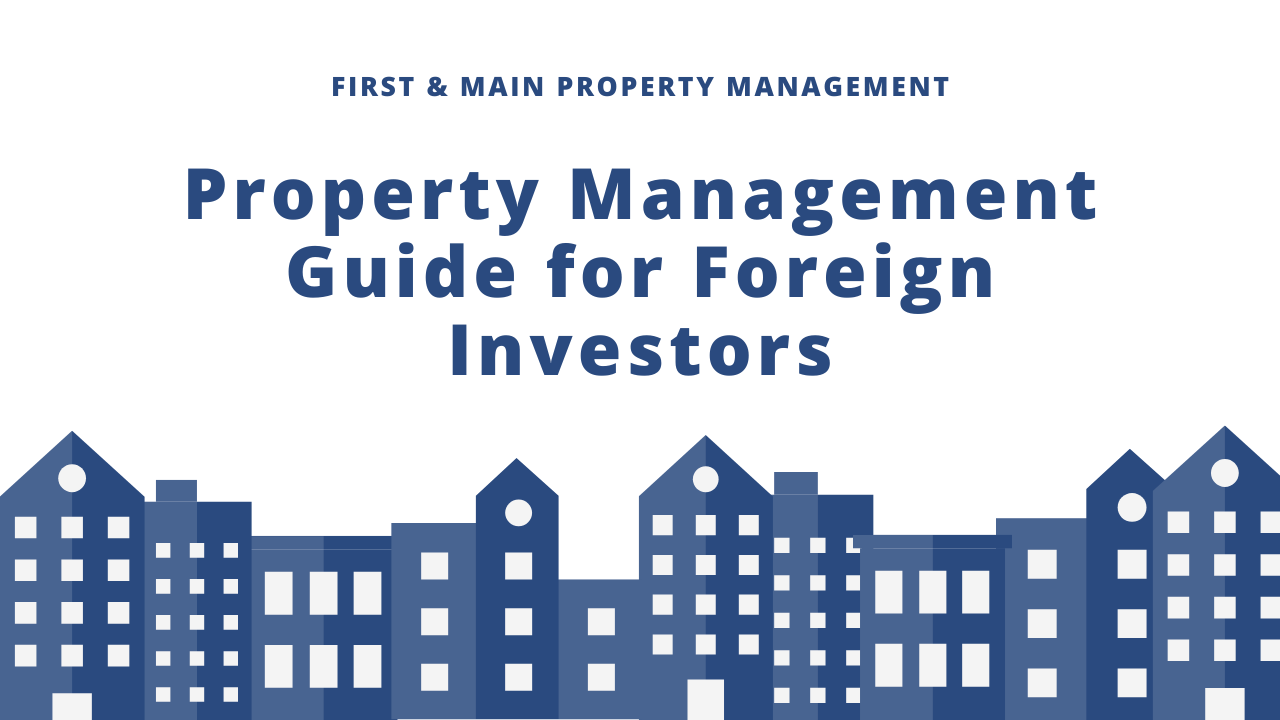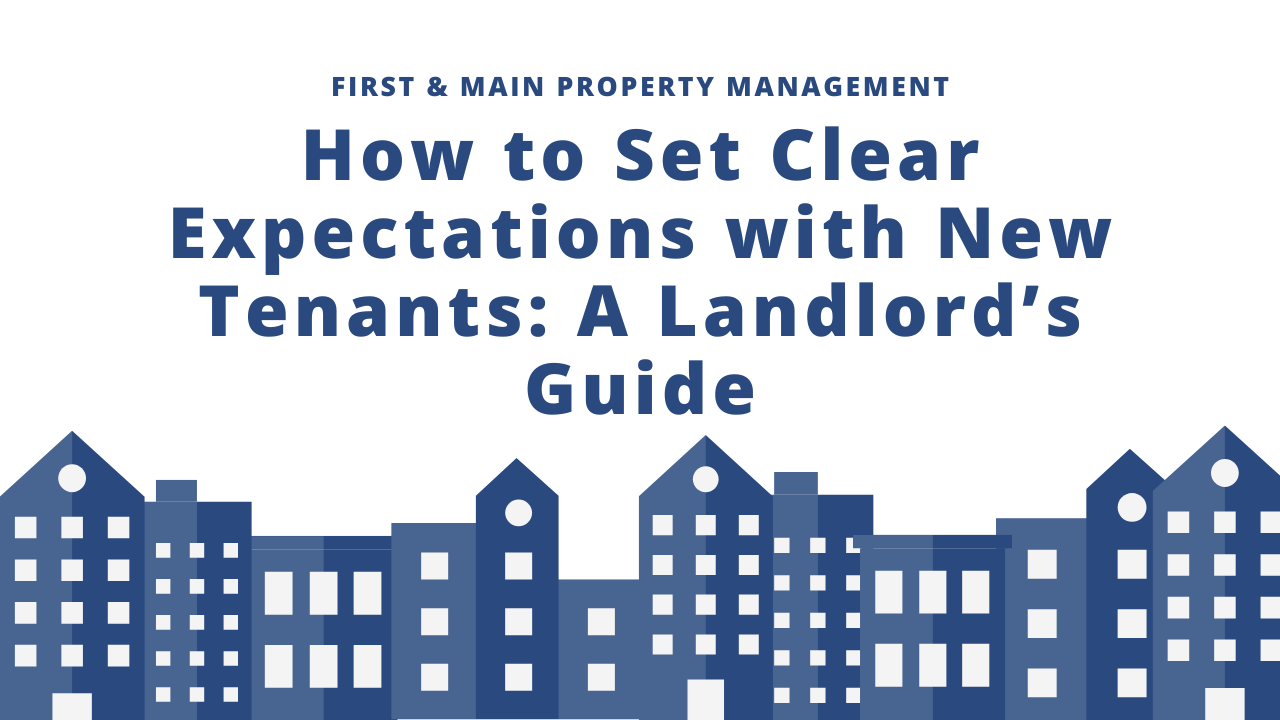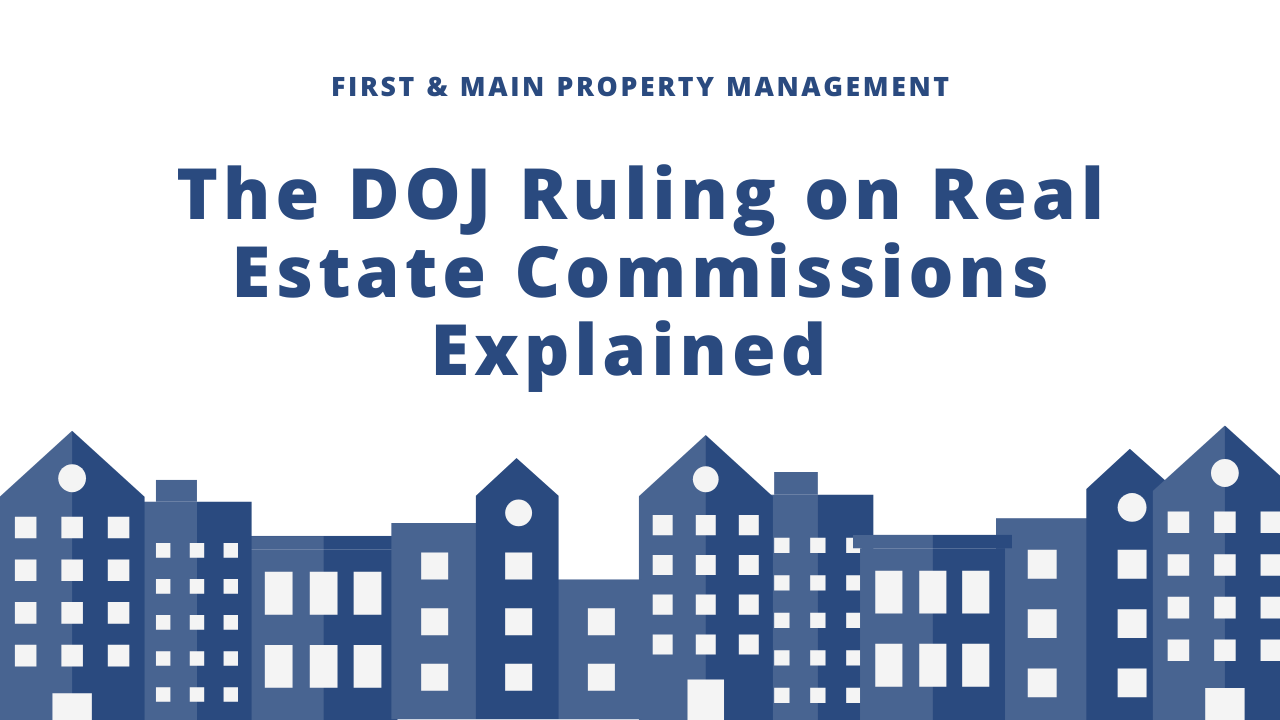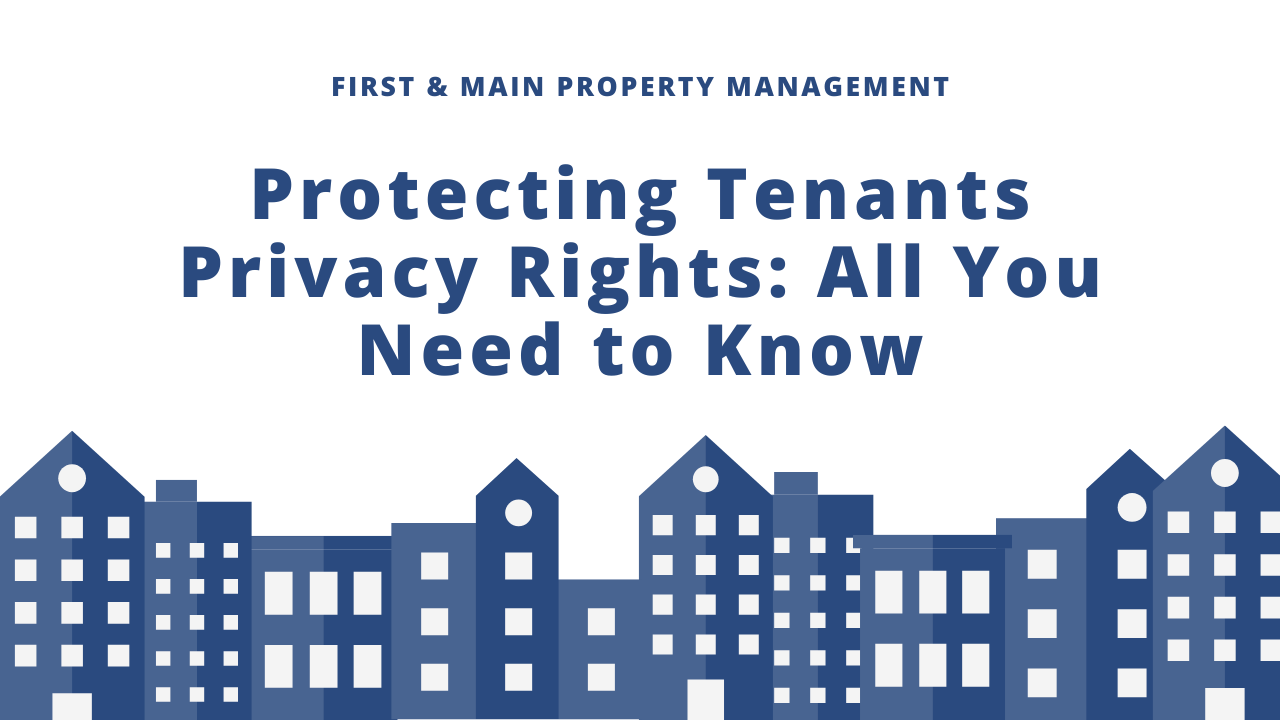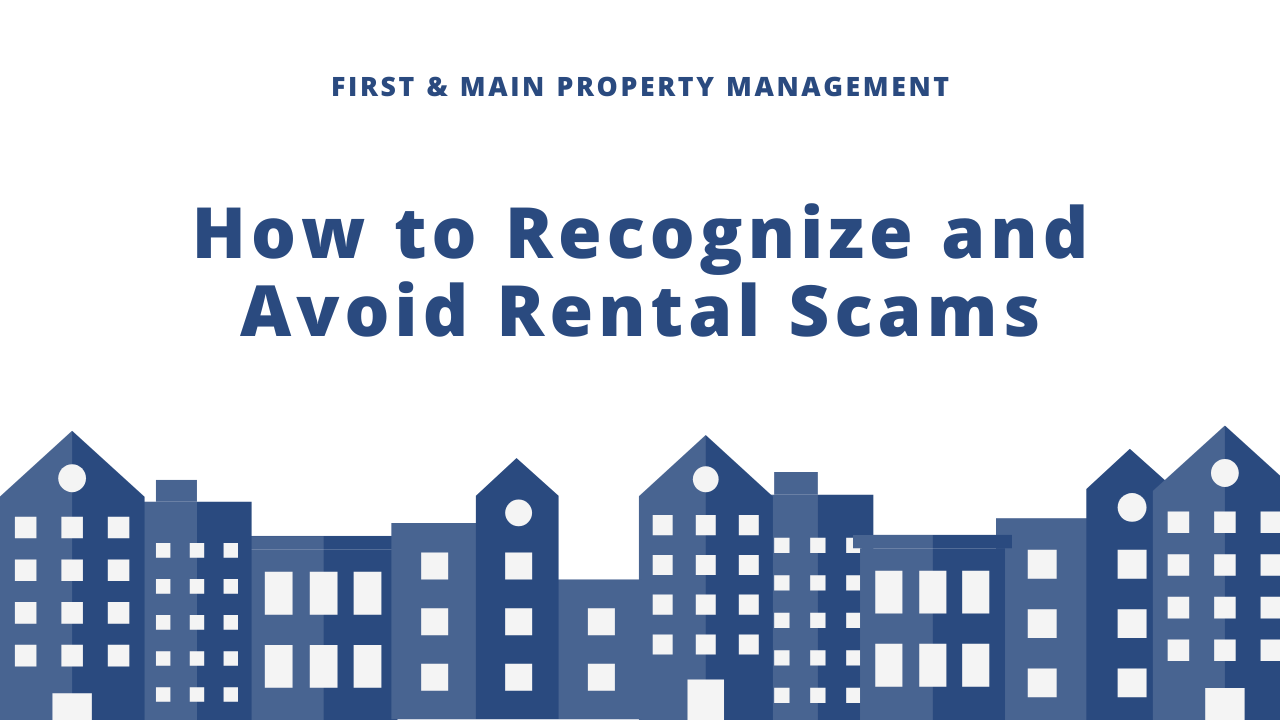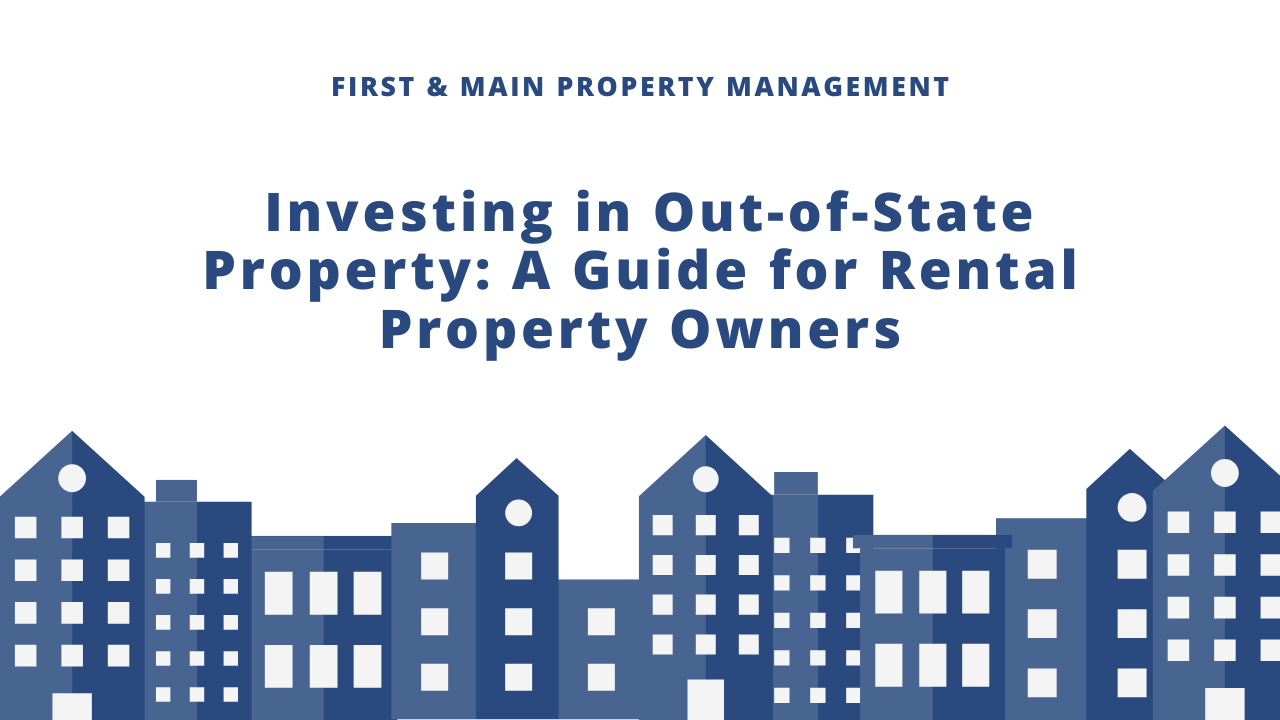Rental Documents Landlords Need
Renting out a property is an intricate process that requires careful attention to detail and legal considerations. Landlords have a responsibility to protect their rights and interests while providing a safe and comfortable living space for their tenants.
One crucial aspect of this process is having the necessary rental documents in place. These documents serve as a legal foundation, outlining the rights and obligations of both parties involved in the tenancy agreement.
Landlords should ensure that these essential rental documents are safekept and easily accessible to have a smooth and successful renting experience.
Important Rental Documents That Landlords Should Keep
Being a landlord involves a lot of paperwork. The following are the most important rental documents that landlords need to keep:
1. Rental Application Form
The rental application form is the first document that landlords should provide to potential tenants.
This form collects crucial information about the applicant, including personal details, employment history, references, and consent for background and credit checks.
By gathering this information, landlords can make informed decisions about prospective tenants and assess their eligibility for tenancy. The rental application form helps landlords evaluate an applicant's financial stability, rental history, and suitability for the property.
2. Lease Agreement
The lease agreement is the cornerstone of the landlord-tenant relationship. It’s a legally binding document that outlines the terms and conditions of the tenancy.
The lease agreement should cover important aspects such as the duration of the tenancy, rent amount and payment terms, security deposit details,
maintenance responsibilities, and rules and regulations specific to the property.

This document protects the rights and interests of both parties and provides clarity on their respective obligations. It’s essential to ensure that the lease agreement complies with local laws and regulations, as they may vary from one jurisdiction to another.
3. Property Inventory
A property inventory is a detailed record of the property's condition and contents at the beginning of the tenancy. It includes descriptions, photographs, or videos of each room, fixtures, appliances, and any existing damage or wear and tear.
This document serves as evidence to resolve disputes regarding the condition of the property at the end of the tenancy.
Both the landlord and tenant should review and sign the property inventory to acknowledge its accuracy. Regular inspections throughout the tenancy can help update the inventory and identify any changes or damages.
4. Notices
From notice to enter the property to notice to pay, these notices are an essential part of running a rental business. Landlords should ensure to provide the necessary notices in accordance with the law, and make sure to keep copies of them.
Local laws typically specify the required notice period, so it’s essential to adhere to the regulations to respect the tenant's privacy rights.
5. Rent Receipts
Rent receipts are crucial documents that provide a record of rent payments made by tenants. They should include the date, amount, and the period the payment covers.

Rent receipts serve as proof of payment and can be useful for both parties for record-keeping and for addressing any discrepancies or disputes regarding rent payments.
6. Inspection Reports
Landlords should keep inspection reports as they serve as essential documentation of the property's condition at various points in time. These reports provide a detailed record of any existing damages, wear and tear, or necessary renovations needed before and during a tenancy.
By having
inspection reports, landlords can demonstrate that they’ve conducted regular assessments of the property, addressing any maintenance issues promptly and ensuring the property's habitability.
In case of disputes or claims related to damages or security deposit deductions, inspection reports serve as crucial evidence to support the landlord's position, helping to protect their rights and interests.
Benefits of Keeping Rental Documents
Safekeeping rental documents offers several benefits for landlords, such as:
- Legal Protection: Rental documents act as legal evidence in case of disputes or legal proceedings. By safely storing these documents, landlords can protect their rights and interests and provide proof of the terms and conditions agreed upon in the tenancy agreement.
- Financial Security: By keeping rental documents, landlords can ensure accurate record-keeping and have a reference for any potential financial discrepancies or issues that may arise.
- Compliance With Regulations: Rental documents often contain important information that ensures compliance with local laws and regulations. Landlords need to easily access these documents and refer to them to ensure they are meeting all legal requirements.

- Future References: Safekeeping rental documents can be valuable for future references and documentation. Landlords may need to provide proof of rental history, rental income, or tenancy details when applying for loans, insurance, or future rental agreements.
Tips for Better Document Organization
The following are tips for better organizing your documents:
- Digital Storage: Scan or photograph all physical documents and store them electronically. This helps save space, allows for easy search and retrieval, and provides an extra layer of backup in case of physical document loss or damage.
- Use a Document Management System: Invest in a reliable document management system or software specifically designed for organizing and storing rental documents. These systems often offer features such as categorization, tagging, and search capabilities, making it easier to find specific documents.
- Work With a Professional Property Manager: A professional property manager offers streamlined documentation processes that makes organizing these papers easier. Property managers can help you draft all the necessary documents that you need because they know the local rental market and laws.
Conclusion
Rental documents play a vital role in establishing a clear and fair relationship between landlords and tenants.
By ensuring that these essential documents are in place, landlords can protect their rights and interests while providing a transparent and secure living arrangement for their tenants.
It’s best to work with a professional property management company to ensure a smooth process. Contact
First & Main Property Management if you need help with anything related to your rental business!


